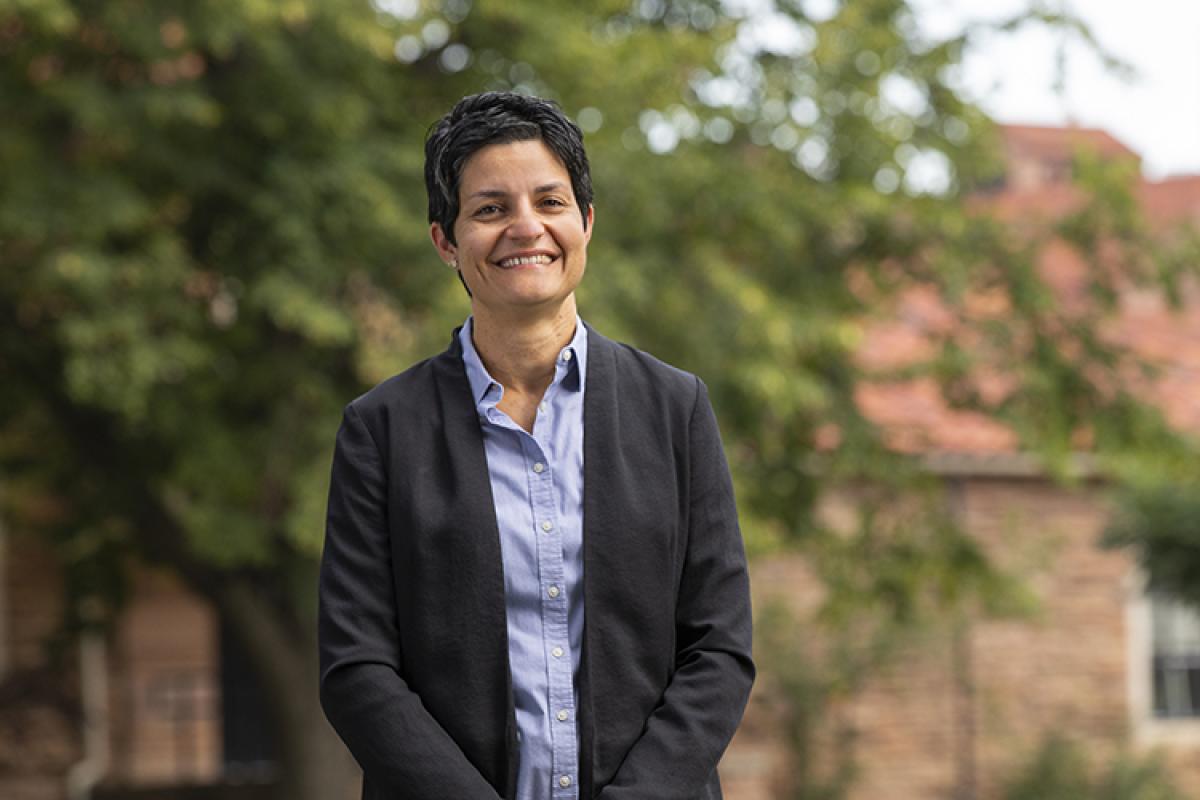Accounting Area of Emphasis

Accountants are nothing like the popular stereotype of a lonely CPA hunched over an adding machine. Empowered by real-time data and advanced analytics, accountants are an integral part of a company’s financial decision-making efforts. Using a traditional accounting toolkit and analytical techniques, they build models to find trends, identify better investment opportunities and make smarter recommendations.
Graduates of this program typically pursue CPA licensing before going into accounting, but there are many alternatives, including nonprofit and regulatory roles, that may not require an extra year of study. Demand for accounting professionals is expected to grow 6 percent, about in line with the U.S. average, per the Bureau of Labor Statistics.
Leeds has updated its accounting program and curricula to match the changing requirements of the Big Four accounting firms. Analytical skills are an increasing part of the curriculum, as are practical assignments that challenge students use data in solving accounting problems. Whether you want to work in accounting, audit, financial planning, forensic accounting or regulation, these new skills are paramount to long-term success.
Most accounting graduates will continue their education with a master’s degree—a requirement to sit for the CPA exam. Leeds makes this process seamless through an accelerated master’s program that you can complete in one additional year of study.
Accounting at Leeds
“At Leeds, you don’t have to figure it out yourself. You really get to know people in accounting, through industry-specific career fairs and opportunities to meet different professionals.”
Hayley Porter (Acct’19), senior audit associate, KPMG
“We have this really dynamic mix of younger faculty who are out to establish themselves and some senior faculty who have accomplished a lot.”
Yonca Ertimur, acting dean
“Knowledge is power. If you choose to ignore your data, or don’t have the skills to harness it, you’re giving that power away.”
Claire McCollough (Acct, IA’21; MAcct’22)










